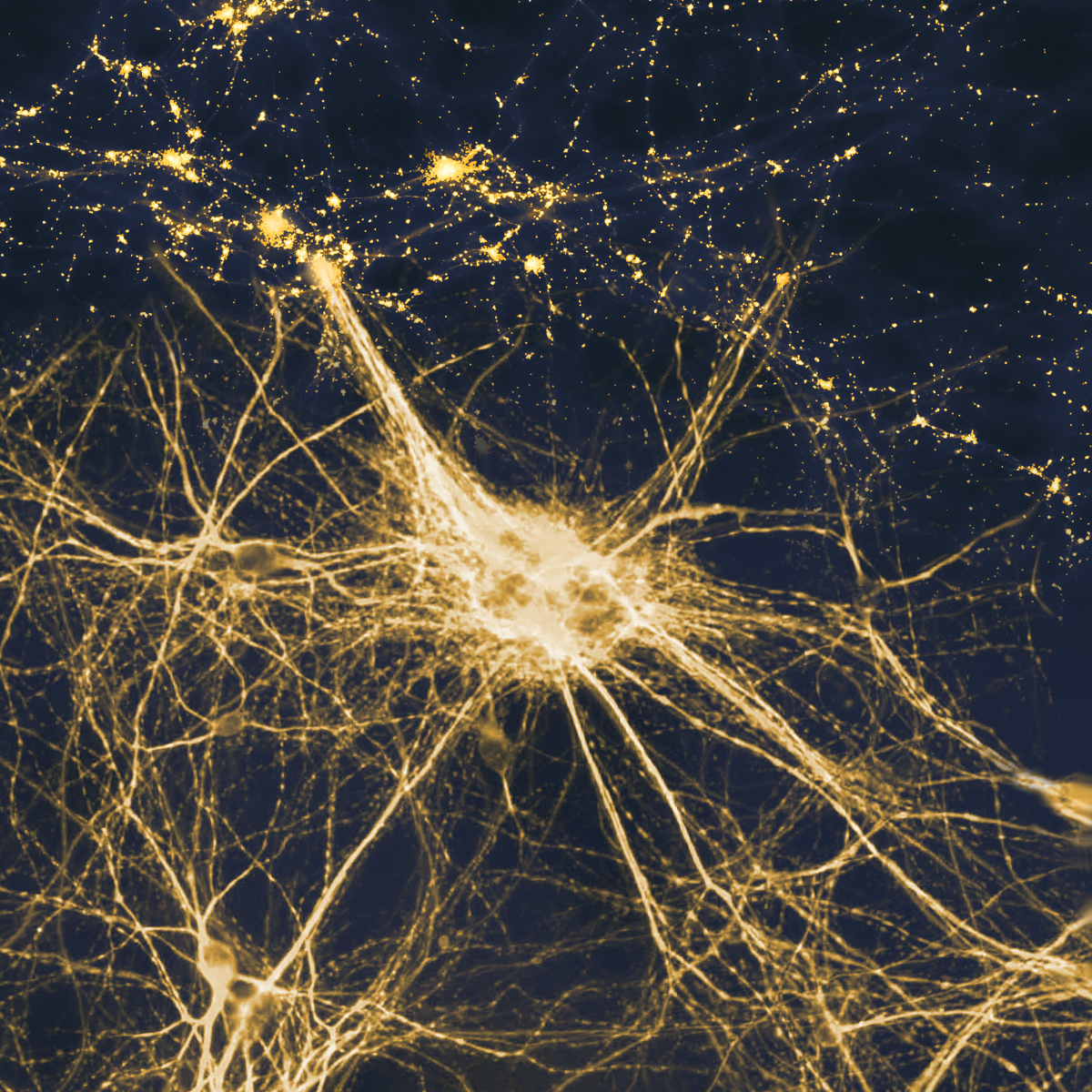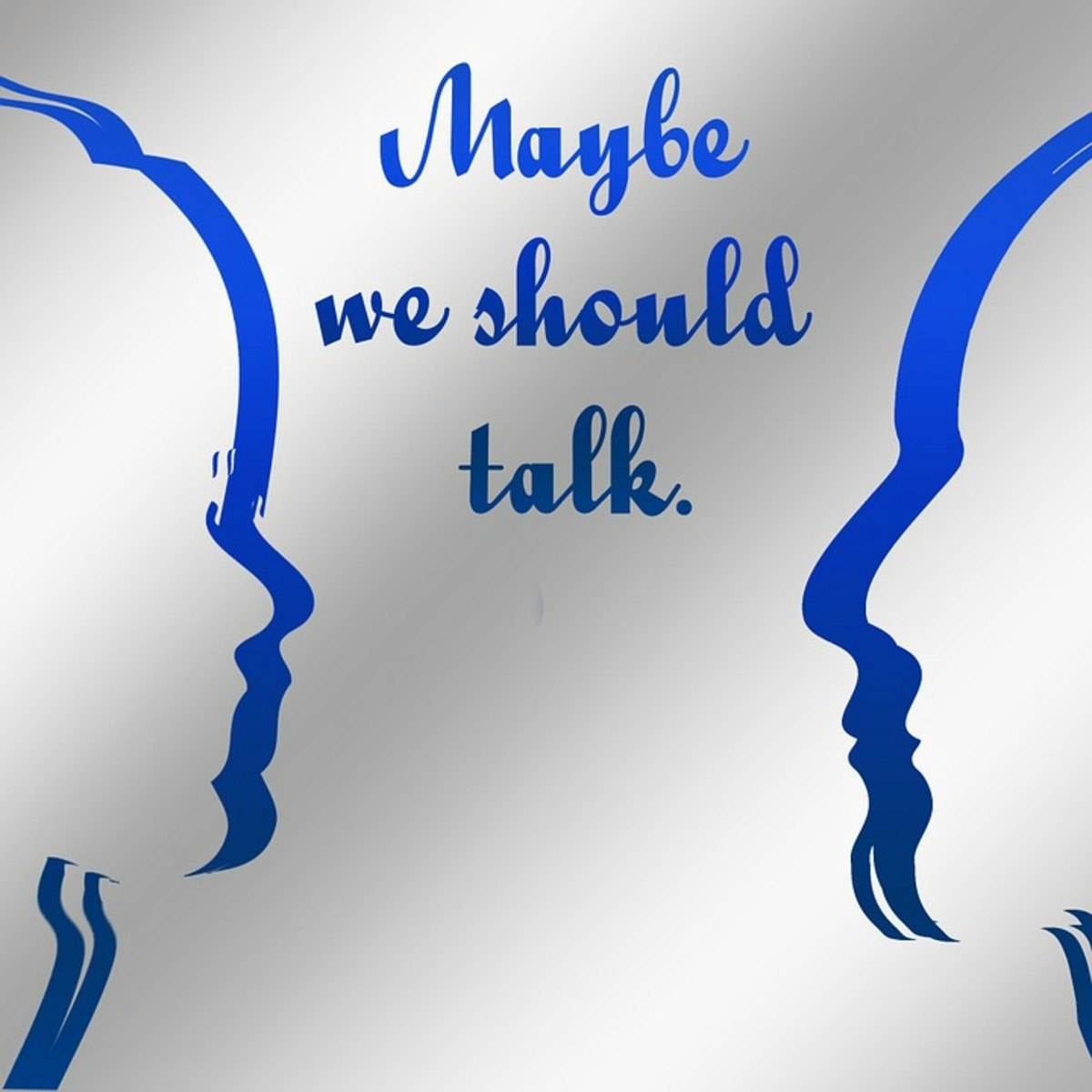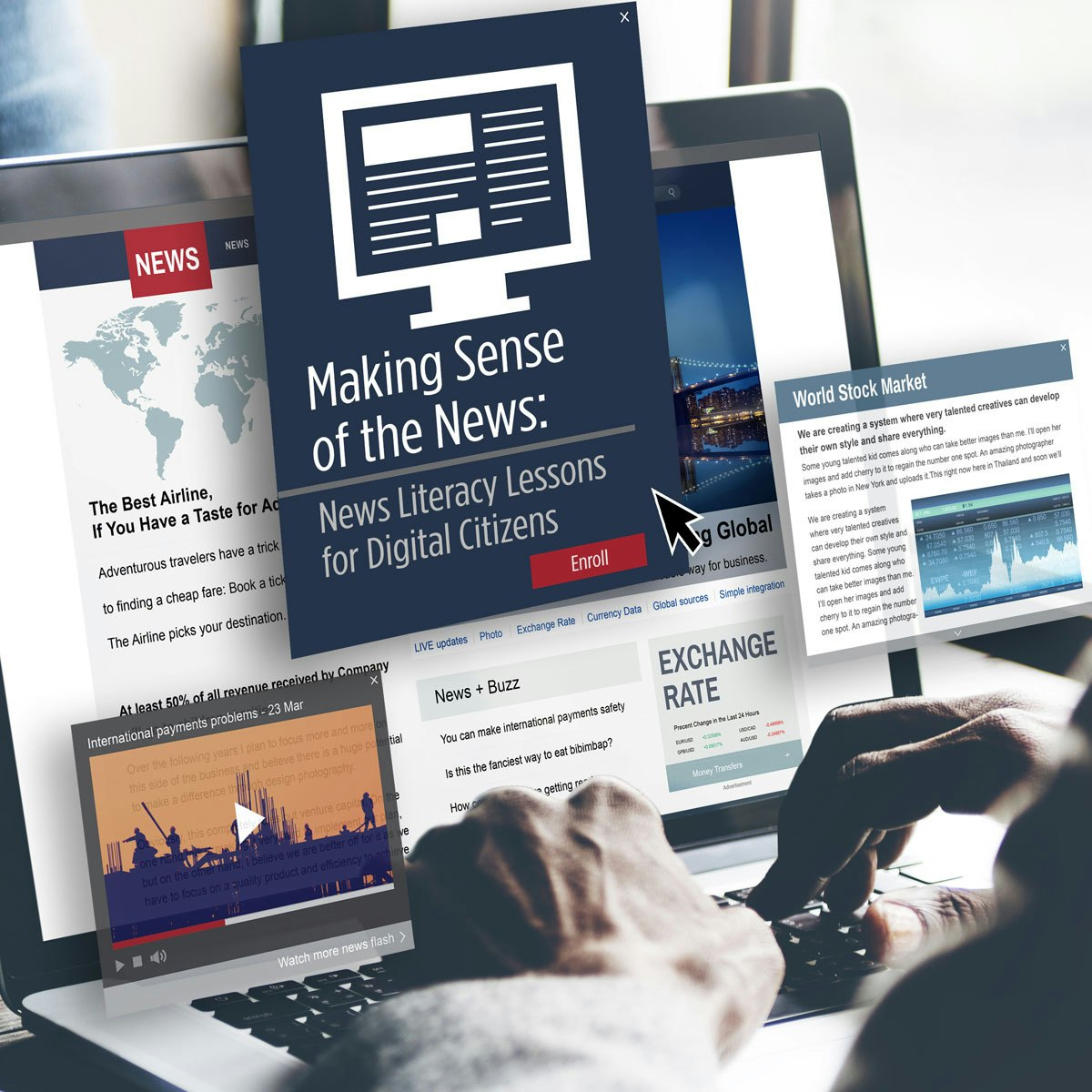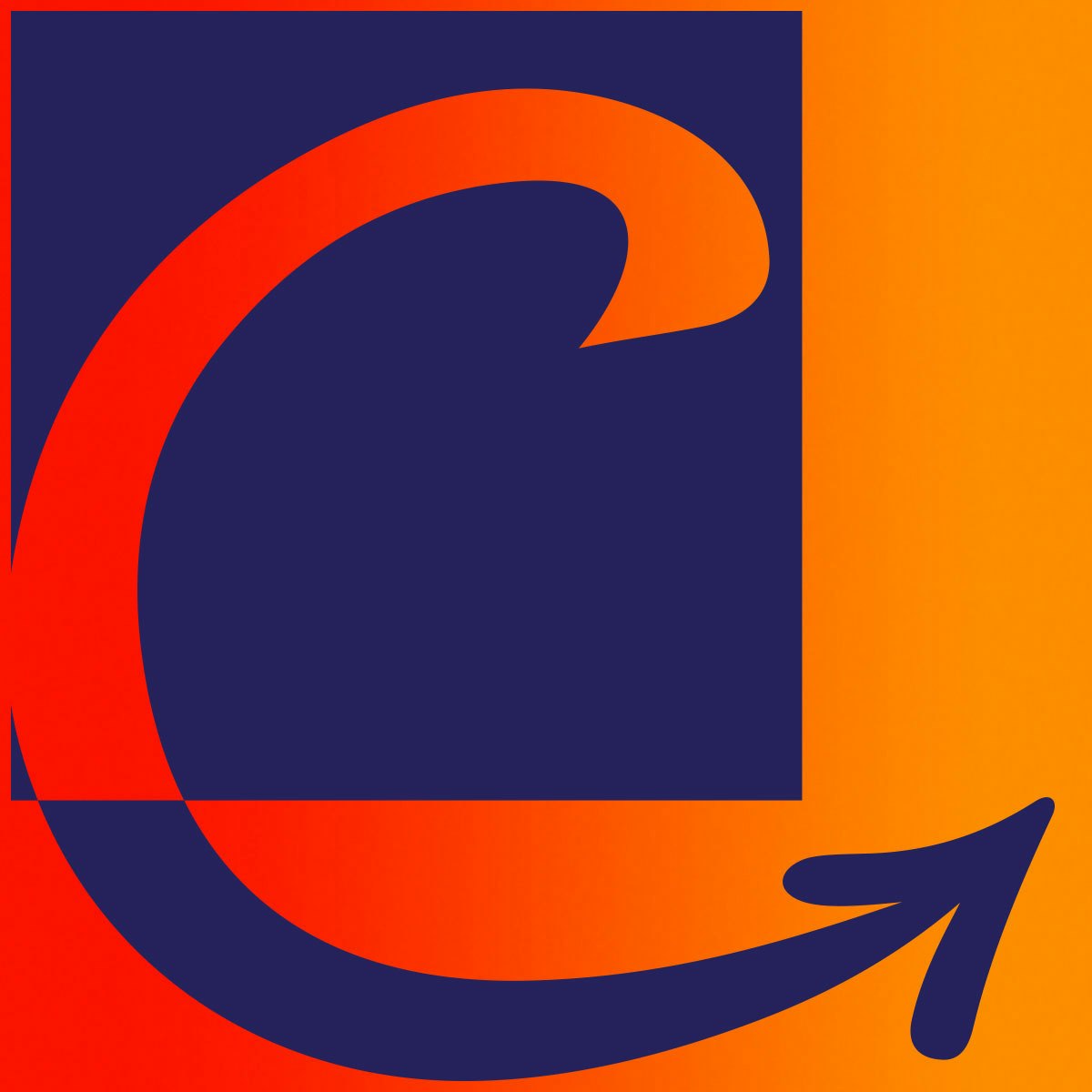Back to Courses









Personal Development Courses - Page 43
Showing results 421-430 of 514
Think Again III: How to Reason Inductively
Want to solve a murder mystery? What caused your computer to fail? Who can you trust in your everyday life? In this course, you will learn how to analyze and assess five common forms of inductive arguments: generalizations from samples, applications of generalizations, inference to the best explanation, arguments from analogy, and causal reasoning. The course closes by showing how you can use probability to help make decisions of all sorts.
Suggested Readings
Students who want more detailed explanations or additional exercises or who want to explore these topics in more depth should consult Understanding Arguments: An Introduction to Informal Logic, Ninth Edition, Concise, Chapters 8-12, by Walter Sinnott-Armstrong and Robert Fogelin.
Course Format
Each week will be divided into multiple video segments that can be viewed separately or in groups. There will be short ungraded quizzes after each segment (to check comprehension) and a longer graded quiz at the end of the course.

Creating Your Resume in Canva
In this 40 minute long course, you will learn how to create an account and a resume by using the website, Canva. Users taking this project will obtain the ability to create a job application ready resume using the webpage. We will go step by step through the process in this project. You will then learn about the resume options offered by Canva to assist you in the creation of your professional resume. We will explore the basics of how to set up your profile and download your ready to use resume to your computer. Some key learning objectives that we will review include creating your Canva account, and step by step instructions on creating your resume. We will expand your knowledge by learning how to download your resume in various formats and save to your PC.

Intellectual Humility: Science
It’s clear that the world needs more intellectual humility. But how do we develop this virtue? And why do so many people still end up so arrogant? Do our own biases hold us back from becoming as intellectually humble as we could be—and are there some biases that actually make us more likely to be humble? Which cognitive dispositions and personality traits give people an edge at being more intellectually humble - and are they stable from birth, learned habits, or something in between? And what can contemporary research on the emotions tell us about encouraging intellectual humility in ourselves and others?
Experts in psychology, philosophy and education are conducting exciting new research on these questions, and the results have important, real-world applications. Faced with difficult questions people often tend to dismiss and marginalize dissent. Political and moral disagreements can be incredibly polarizing, and sometimes even dangerous. And whether it’s Christian fundamentalism, Islamic extremism, or militant atheism, religious dialogue remains tinted by arrogance, dogma, and ignorance. The world needs more people who are sensitive to reasons both for and against their beliefs, and are willing to consider the possibility that their political, religious and moral beliefs might be mistaken. The world needs more intellectual humility.
In this course, we will examine the following major questions about the science of intellectual humility:
• How do we become intellectually humble?
• What can human cognition tell us about intellectual humility?
• How does arrogance develop, and how can we become more open-minded?
• How do emotions affect our ability to be intellectually humble?
All lectures are delivered by leading specialists, and the course is organised around a number of interesting readings and practical assignments which will help you address issues related to humility in your daily life.
This course can be taken as a part of a series which explores the theory, the science and the applied issues surrounding intellectual humility. In the previous course on the theory behind intellectual humility, we considered how to define intellectual humility, the nature of an intellectual virtue, and how we know who is intellectually humble. If you are interested, complete all three courses to gain a broader understanding of this fascinating topic. Look for:
• Intellectual Humility: Theory - https://www.coursera.org/learn/intellectual-humility-theory
• Intellectual Humility: Practice - https://www.coursera.org/learn/intellectual-humility-practice

Intellectual Humility: Theory
Faced with difficult questions people often tend to dismiss and marginalize dissent. Political and moral disagreements can be incredibly polarizing, and sometimes even dangerous. And whether it’s Christian fundamentalism, Islamic extremism, or militant atheism, religious dialogue remains tinted by arrogance, dogma, and ignorance. The world needs more people who are sensitive to reasons both for and against their beliefs, and are willing to consider the possibility that their political, religious and moral beliefs might be mistaken. The world needs more intellectual humility.
But what is intellectual humility, anyway? And why do people seem so drawn toward intellectual arrogance? Psychologists, philosophers, theologians, and educationalists are now suggesting some answers.
In this course we try to define intellectual humility and intellectual virtues in general, and ask how we know who is humble. All lectures are delivered by leading specialists, and the course is organised around a number of interesting readings and practical assignments which will help you address issues related to humility in your daily life.
This course is a part of a series which explores the theory, the science and the applied issues surrounding intellectual humility (the latter two coming in June and November 2017). Completing all three courses will give you a broader understanding of this fascinating topic. Look for:
• Intellectual Humility: Science - https://www.coursera.org/learn/intellectual-humility-science
• Intellectual Humility: Practice - https://www.coursera.org/learn/intellectual-humility-practice
You can also follow us on twitter: @EdiPhilOnline and #IHMOOC

Media ethics & governance
Media Ethics and Governance
About this course: This course explores some of the basic theories, models and concepts in the field of media ethics. We will introduce influential ethical theories and perspectives, explore changing societal demands and expectations of media creation and media use, and we will elaborate on existing ethical norms for media professionals. After following this course, you will be able to reflect on ethical dilemmas and develop a well-substantiated argumentation for ethical decision making in a variety of media-related contexts.
Upon completion of this course, students should:
• have knowledge of the history and development of perspectives on media ethics;
• have knowledge of the dominant theoretical approaches and concepts;
• be able to use this knowledge to develop a well-substantiated argumentation

Renewable Energy and Green Building Entrepreneurship
Welcome to the course where you learn to launch a new business in the energy, finance, real estate, design, engineering, or environmental sectors, while also helping you create positive environmental and human health impacts around the world.
We will integrate tools, trends, and tips from the field of entrepreneurship as a career path for making a difference and generating wealth in the renewable energy and green building sectors.
This is not a course about theory. Instead, we focus on real world application, step-by-step advice, and case studies.
After completing this course, students will be able to:
- Define key business opportunities, challenges, and potential solutions in the renewable energy and green building sectors.
- Analyze a successful business in renewable energy or green building.
- Identify 2 to 3 problems you might solve with either renewable energy or green building products or services.
- Plan for engaging with investors who might finance a new business.
- Take real world first steps towards launching a new business or corporate initiative, by applying the 1-page business idea summary template and the Business Model Canvas to generating and refining your own new business ideas.

Everyday Parenting: The ABCs of Child Rearing
Everyday Parenting gives you access to a toolkit of behavior-change techniques that will make your typical day in the home easier as you develop the behaviors you would like to see in your child. The lessons provide step-by-step instructions and demonstrations to improve your course of action with both children and adolescents. Among many techniques, you will learn how even simple modifications to tone of voice and phrasing can lead to more compliance. The course will also shed light on many parenting misconceptions and ineffective strategies that are routinely used.
The key to the course is practice. It is not enough to know the strategies; you have to do them to reap the rewards. Using the techniques on a temporary basis will lead to permanent change.
Chances are your parenting is perfectly fine and working the way you would like. But if you have any frustrations with your child or would like improve your effectiveness in changing your child’s behavior, these videos will be a very useful guide.
Subtitles available in Chinese and Spanish.

Academic Discussions in English
This is the third course in the Learn English: Advanced Speaking and Listening specialization. In this class you will learn about different types of conversations you will have in academic settings. You will also learn some strategies for helping you understand other people's meaning and for helping you express yourself effectively. Learners will record several videos of themselves participating in assigned group discussions with their own friends and upload the videos for peer feedback. While this might seem intimidating, it will be a great opportunity for you to practice and improve your discussion skills.
Please note that the free version of this class gives you access to all of the instructional videos and handouts. The peer feedback and quizzes are only available in the paid version.
Making Sense of the News: News Literacy Lessons for Digital Citizens
Never before has the need for News Literacy been more urgent. As news consumers are bombarded with a constant stream of fake news, propaganda, hoaxes, rumors, satire, and advertising — that often masquerade as credible journalism — it is becoming more and more difficult to distinguish fact from fiction. While the public’s faith in the news media erodes, purveyors of misinformation have helped give rise to troubling cultural trends and alarming political movements.
This six-week course will help learners develop their critical thinking skills to enable them to better identify reliable information in news reports and to become better informed about the world in which we live. The course will discuss the key elements of journalism from the viewpoint of the news audience.
The language of instruction is English, but Chinese and Spanish subtitles will be available. Each week will tackle a challenge unique to the digital era:
Week 1: The power of information is now in the hands of consumers.
Week 2: What makes journalism different from other types of information?
Week 3: Where can we find trustworthy information?
Week 4: How to tell what’s fair and what’s biased.
Week 5: How to apply news literacy concepts in real life.
Week 6: Meeting the challenges of digital citizenship.

Ignite Your Everyday Creativity
Creativity is an essential skill for the 21st Century that is innate in all people and can be nurtured. We constantly need new and better ideas for almost every aspect of our professional and personal lives. The goal of this course is to help you recognize, develop and act upon the creativity that you already possess. We will accomplish this using three methods: b aware, b inspired, and b creative.
Upon completion of this course participants will:
Recognize the inherent creativity in yourself and others.
Identify characteristics of a creative person that relate to yourself.
Develop creative problem solving skills using the basic elements of the creative process.
Examine qualities of a creative environment in real world settings.
Evaluate an idea using the creative product criteria.
Popular Internships and Jobs by Categories
Find Jobs & Internships
Browse
© 2024 BoostGrad | All rights reserved